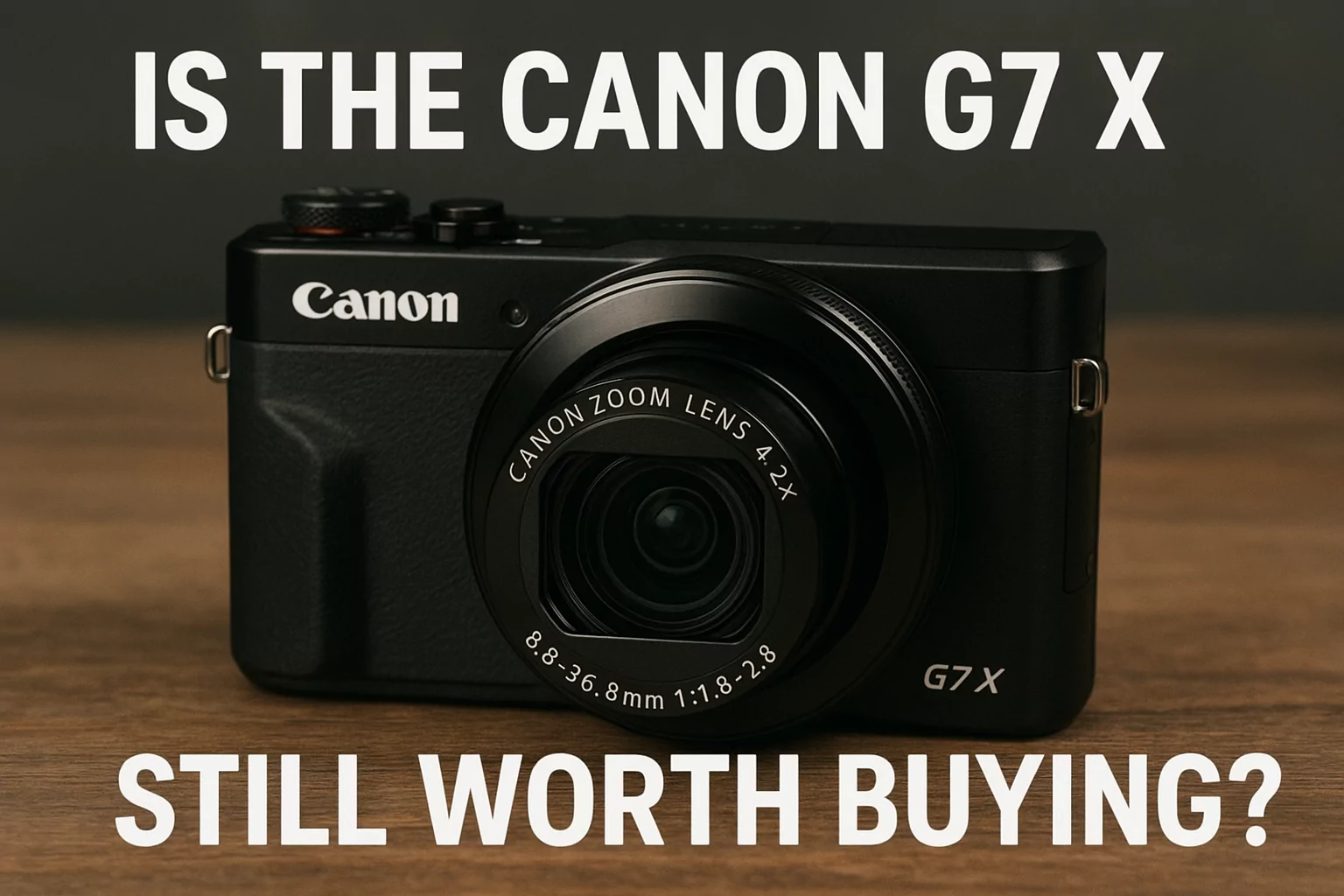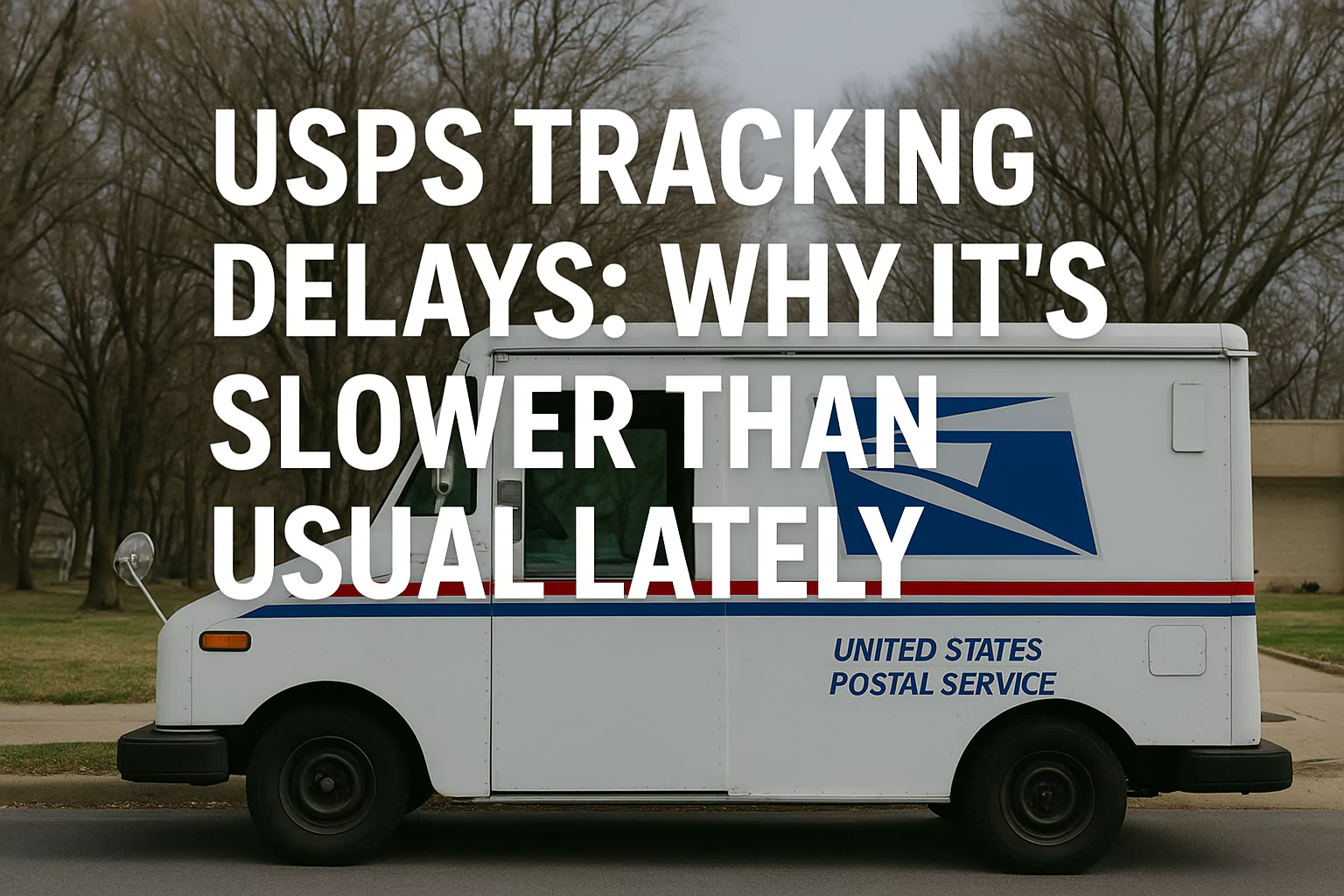What is a Cashier’s Check and How Can I Get One?

A cashier’s check is a secure way to make a large payment. Unlike a regular check written from your personal checking account, a cashier’s check is guaranteed by the bank itself. This means the recipient is assured the funds are available because the bank verifies and withdraws the money from your account before issuing the check.
Exploring Cashier’s Checks
Definition and Function
A cashier’s check, also called an official check, is a special type of check issued by a bank. The bank verifies the funds are available in your account, deducts the check amount, and then issues the check payable to a designated recipient. Since the bank guarantees the funds, cashier’s checks are considered a safer alternative to personal checks, especially for large transactions.
Comparison with Personal Checks
Regular checks rely on the payer having sufficient funds in their account to cover the amount. If there aren’t enough funds, the check can bounce, leaving the recipient empty-handed and potentially facing fees. Cashier’s checks eliminate this risk because the bank guarantees the funds upfront.
Appropriate Scenarios for Cashier’s Checks
Cashier’s checks are commonly used for high-value transactions where security is paramount. Here are some common scenarios:
- Real estate transactions: For buying a house or property, a cashier’s check ensures a smooth closing process by guaranteeing the funds for the down payment or closing costs.
- Large purchases: When buying a car or expensive equipment, a cashier’s check offers a secure payment method compared to cash or a personal check.
- Security deposits: Landlords may require a cashier’s check for a security deposit on a rental property.
- Wire transfer alternative: If a wire transfer isn’t an option, a cashier’s check can be a secure way to send large sums of money.
Acquiring a Cashier’s Check
Available Sources
Cashier’s checks are typically issued by your bank or credit union.
Step-by-Step Acquisition Process
- Visit your bank or credit union branch with a valid ID.
- Inform the teller you want to purchase a cashier’s check.
- Provide the recipient’s name, the amount of the check, and how you want the check made payable (e.g., for the full purchase price of a car).
- The bank will verify your account balance and deduct the check amount plus any associated fees.
- Once verified, the bank will issue the cashier’s check with security features like watermarks and tamper-proof printing.
Associated Costs and Alternatives
Banks typically charge a small fee for issuing cashier’s checks, usually ranging from $5 to $30 depending on the bank.
Money orders can be an alternative to cashier’s checks for smaller amounts. Money orders are similar to cashier’s checks but are pre-funded at set amounts and don’t require verification of your account balance.
Secure Usage of Cashier’s Checks
Strategies to Prevent Fraud
Cashier’s checks are generally secure, but there are still precautions to take:
- Double-check recipient information: Ensure the name and amount on the check are accurate before leaving the bank.
- Never sign a blank cashier’s check: Only sign the check after filling out all the information.
- Beware of scams: Never send a cashier’s check as payment for unsolicited goods or services, especially online.
Conclusion
Cashier’s checks offer a secure and reliable way to make large payments. By understanding their function and how to acquire them safely, you can ensure a smooth and secure transaction for high-value purchases or financial obligations.









